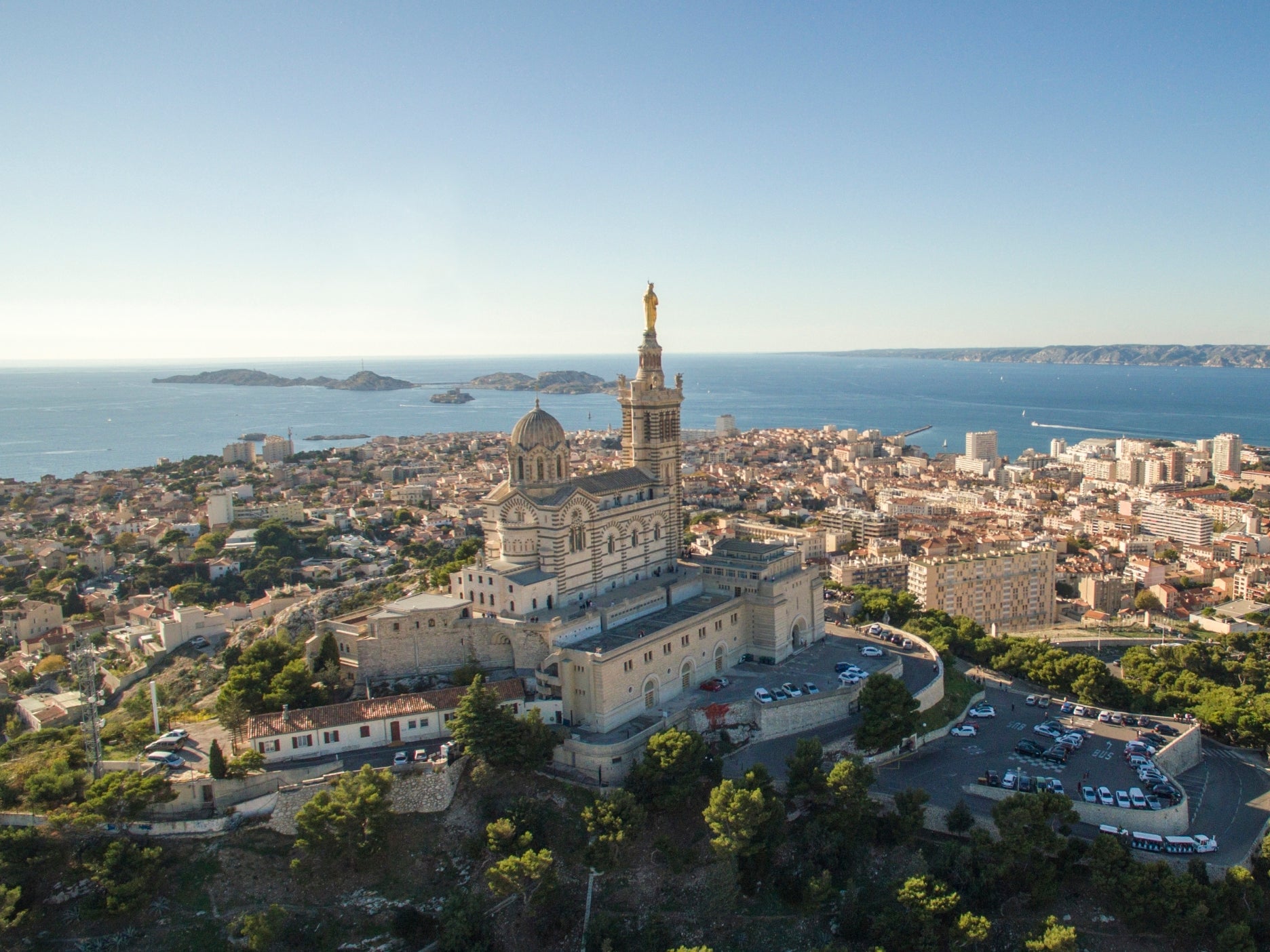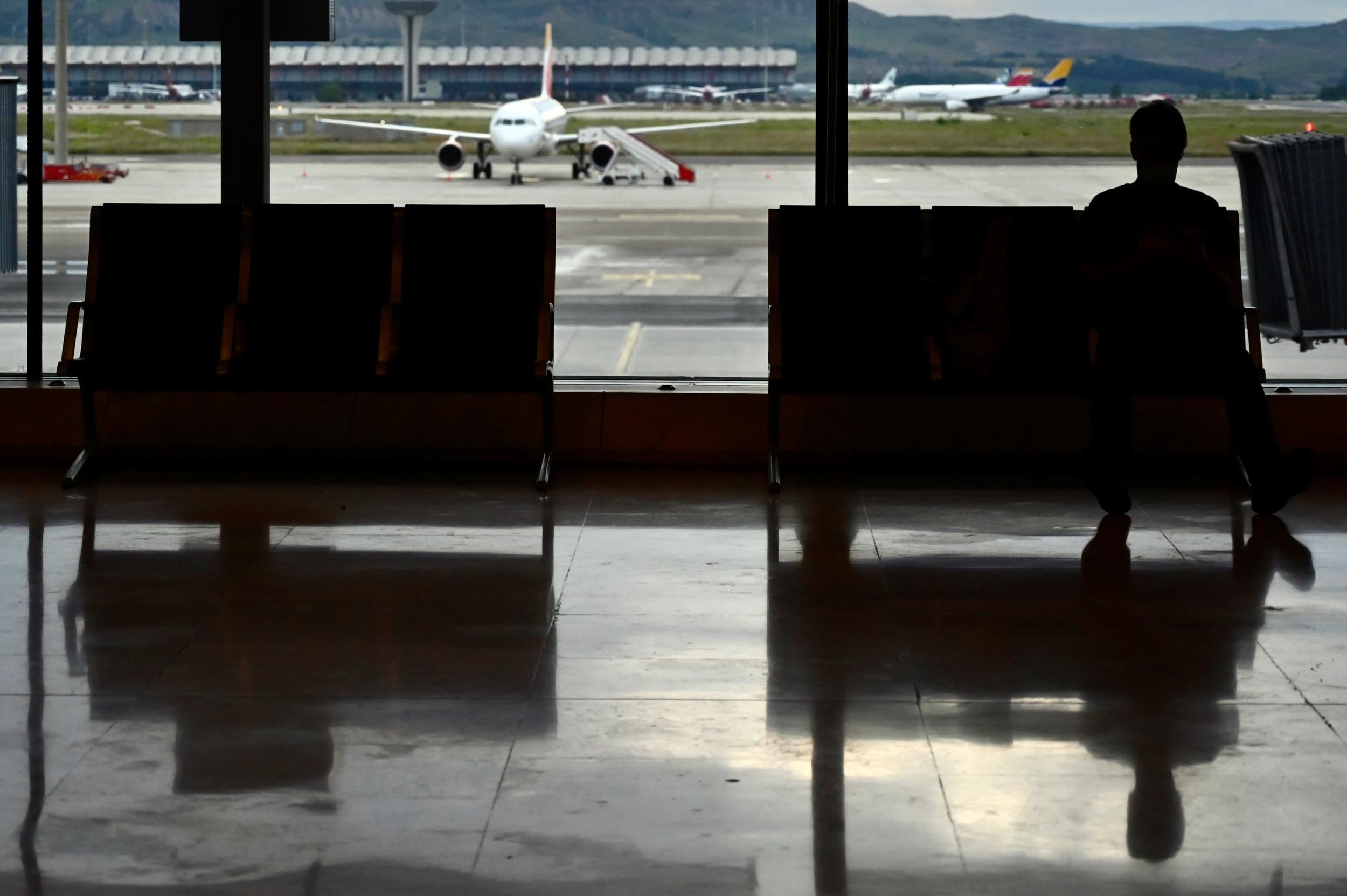What is the most scenic route to southern France?
Simon Calder answers your questions on planning picturesque trips, nabbing the best hotel deals and completing quarantine forms


Q I am dreaming of where I will go when lockdown (and quarantine) is finally lifted, and the answer is the south of France, probably in August.
I don’t fancy flying, so I want to go by train. But can you suggest an alternative to the high-speed lines? The countryside always seems a blur. I have the luxury of time, so there’s no great rush.
Louise E
A I love the “classic” train lines of France. Fortunately, much of the 19th-century network survives, with transport express regional trains running fairly frequent services.
Start with Eurostar, but from London St Pancras take the train only as far as Calais. From Frethun station take the local train to Boulogne, a much more attractive port, and change for Amiens and Paris – where I recommend you stay overnight.
Every morning at 7.36am, a train departs from Bercy station in the French capital to Lyon, following the old line that aims southwest via Dijon – well worth a visit, even if only for a couple of hours of exploration.
The line from the mustard capital to Lyon meanders through the wild east of France: sit on the left for views of the Alpine foothills. Lyon itself is well worth a day or two for superb cuisine, striking river views and some remarkable murals.
From Lyon, the old line to Avignon and Marseille, by the banks of the Rhone, still has plenty of trains – and they stop at the lovely Roman town of Orange, another bonus for the low-speed traveller. You can continue to Marseille, Nice, Montpellier or anywhere else you like on the coast.
Returning from the Mediterranean, I would ideally recommend the superb line via Nimes and Clermont-Ferrand to Paris – but at present those two cities are connected by a bus replacement service, taking five hours. So instead return to Lyon (possibly via high-speed train in under two hours) and then change for Vichy, where you can pick up the old line via Orleans to the French capital.
For many of these trains, there is no need to book in advance, and so you can dawdle as much as you feel like along the way.

Q How do you choose a hotel?
John G
A It all depends on the trip I am planning. If it is a short trip to a business city and I just need somewhere to sleep, I search on the "aggregator" site Trivago to get a sense of prices and locations, which normally narrows things down. This is basically a rate-comparison site that offers prices from the likes of Expedia (which owns Trivago) and Booking.com. But I never click through to book. I approach hotels direct: usually by phoning them, making a fresh online search to discover the number. Talking to them also allows a certain amount of haggling to take place, if I don't particularly like the price they mention. Sometimes, though, I am directed to making an online booking.
As for the kind of property: I usually try to find somewhere that is individual or part of a small network, rather a big chain; the last two places I have stayed in Edinburgh, for example, were Code (really an upmarket hostel) on the Royal Mile and Yotel on Queen Street in the New Town, both of them excellent.
When the choice is simply between budget hotels, though, I will opt for Premier Inn on principle, because the company has treated customers especially well during the coronavirus crisis.
For longer stays, or journeys where the hotel is an important part of the mix, my first trawl is among friends and family for personal recommendations. With luck, someone whose judgment I trust will come up with the ideal place to stay, and I will book it.
For example, a reliable friend commended the three-star Hotel Playa Sol in the Catalan resort of Cadaques, which turned out to be perfect.
If no one volunteers a hotel, I go next to guidebooks (ideally both Lonely Planet and Rough Guides) and narrow down the search. Only then will I look at TripAdvisor to check out recent reviews, and discount the very best and very worst assessments to try to get a reasonable picture. And then I pick up the phone.

Q Any idea how I can print a blank quarantine form before I come back to the UK? The government website seems to be making you jump through hoops, and only allows you to fill in the form online within 48 hours of your return to the UK. What if I have no access to a computer?
Name supplied
A The quarantine scheme that the UK is bringing in at midnight is strange in both its timing – when Britain has a far worse coronavirus rate than almost anywhere on Earth – and its organisation. Instead of the regimented checks in countries such as Greece and South Korea, it appears to be taking travellers on trust.
Anyone who wanted to avoid spending 14 days in isolation has been hurrying back before the measure takes effect, helped by British Airways offering free transfers to passengers booked to London from 8 June onwards.
But there will still be people, evidently including you, who will be coming into the country. And as you have found, UK-bound travellers are told to complete a passenger locator form online in the 48-hour window before you are due to arrive. You are also told to print it out or download it to a smartphone.
The Home Office had earlier warned that the traveller could be fined £100 for failing to complete the form. But the law simply says: “A person who arrives in England from outside the common travel area must … provide on the passenger locator form the information … on their arrival.” That indicates you can just fill out a form on arrival in the UK (or at UK immigration points in France).
Unlike you, most travellers will simply abandon plans to travel from Britain if they have to stay put for two weeks. And that may lead to a quick reversal of the law.
Even before it takes effect, the short-term consequence is damage to future bookings for airlines, holiday companies and UK businesses dependent on inbound travellers.
The longer-term consequence will be a higher rate of infection in the UK: it will stop most foreign travel abroad at just the time when reducing the number of people in the UK available to be infected would be an excellent way to stem coronavirus.
So I predict an early removal of the rules. But if you have already started to quarantine when the scheme is lifted, I am afraid you must finish your sentence.
Email your question to s@hols.tv or tweet @simoncalder
Join our commenting forum
Join thought-provoking conversations, follow other Independent readers and see their replies
Comments